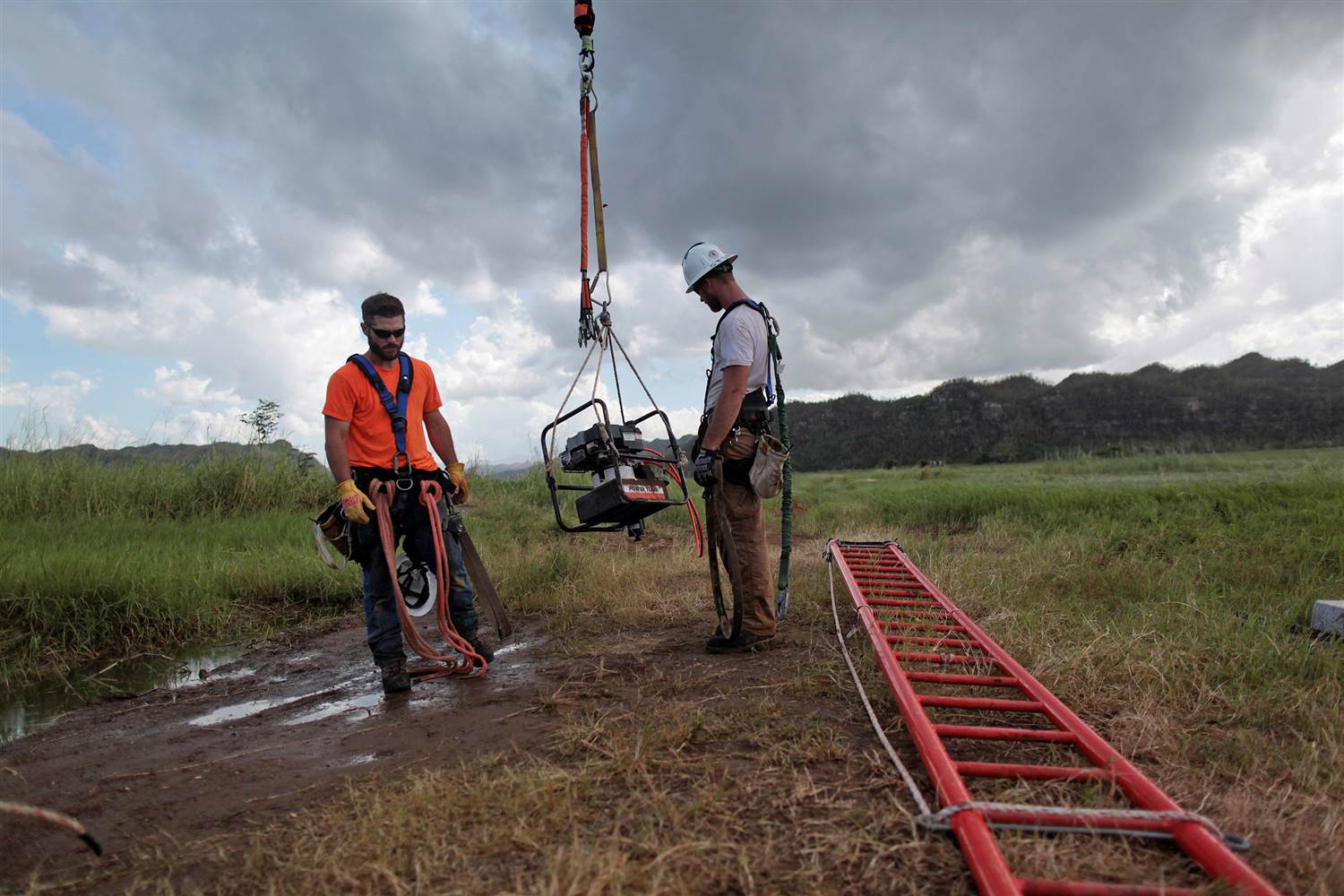It has been sixty plus days since Hurricane Maria struck the island of Puerto Rico, leaving a path of destruction around all corners of the “Enchanted Island.” Images circled the globe of the extent of the damages Maria’s ferocious wind inflicted such as floods, destroyed homes, flying debris etc. Now in the recovery phase of the disaster, Puerto Rico faces up to a recovery based on an economy, government and society in trouble before and in crisis after the hurricane.
The most important phase of the disaster recovery has been marred not only by the slow response from the federal, state and local governments. But also endless controversies that have tarnished the island’s credibility in moments when Puerto Rico desperately needs congressional action to help secure and push forward the social and economic recovery. These controversies alone have widened the deep credibility gap with the private sector and Congress and it should give pause for policymakers on anything related to Puerto Rico.
The controversies have been particularly damaging. One of them is the payment of Christmas bonuses to public sector employees. The island that has been seeking billions from Washington to keep the government open decided to honor the Christmas bonus payments in spite of the reduced revenues. Polemics such as the use of FEMA funds by several local mayors (now under investigation), and the request for $94 billion in aid by Gov. Ricardo Rossello’s administration — a demand that is lacking the necessary details.
Yet none of these controversies have damaged the credibility of the island more than the Whitefish contract. The now-canceled contract, to the little-known company based in Montana, awarded in the aftermath of the Hurricane, severely damaged the government credibility and handling of the crisis. As Rob Bishop, chairman of the House Natural Resources Committee, told Gov. Rossello, “there is a tremendous credibility gap based on Whitefish and other decisions. If you are going to build confidence to get that kind of appropriations, there has to be a feeling of unity that so far is lacking.”
In response to these problems acknowledging the credibility gap, the fiscal control board established under The Puerto Rico Oversight, Management and Economic Stability Act, better known as PROMESA, tried to install its own administrator to oversee Puerto Rico Electric Power Authority (PREPA), although it was blocked by a federal judge. The Puerto Rican government has agreed to give FEMA the power to oversee all disaster-relief funds and now the federal agency will pre-approve the use of federal funds. As governor stated: “We want to embark on the most transparent, effective, and efficient recovery process in the history of our nation”. Nevertheless, the damage has already been done.
At this moment, Puerto Rico is seeking not only aid to rebuild the island, but also more money to keep the government fully funded given the lack of revenues and diminished federal revenues due to President Donald J. Trump’s tax reform plan. But the credibility gap is damaging the prospect of achieving these policy goals. However this credibility gap is not only hurting the prospects in the federal front, but Puerto Rico also has an equally worrying credibility problem with the private sector.
The fiscal decisions being implemented by the fiscal control board and the Commonwealth government — stiffing bondholders of their due payments, the outright refusal to amend the fiscal plan to include more debt service and reports of suspending bond payments for the next five years — are weakening the already low credibility with bondholders. This will make it impossible for Puerto Rico to obtain financing in the capital markets for a considerable amount of time. A serious problem when we need capital financing for government operations and reconstruction.
The credibility crisis also engulfed private investors thanks in large part to PREPA’s (Puerto Rico Electric Power Authority) handling of the crisis and the continued lack of electricity in most of the island. This is hammering local and global investor’s confidence in the economy, weakening influx of investment and the reopening of business, thus slowing the economic recovery.
Puerto Rico faces a serious credibility challenge and now as we move to the recovery phase, the island desperately needs funds, policies, and investment to make it a successful reconstruction. However, the controversies, lack of preparation before the hurricane hit and incompetent response after the disaster have created a large credibility gap that is not easy to close. It’s biting the Commonwealth in its hour of need.


